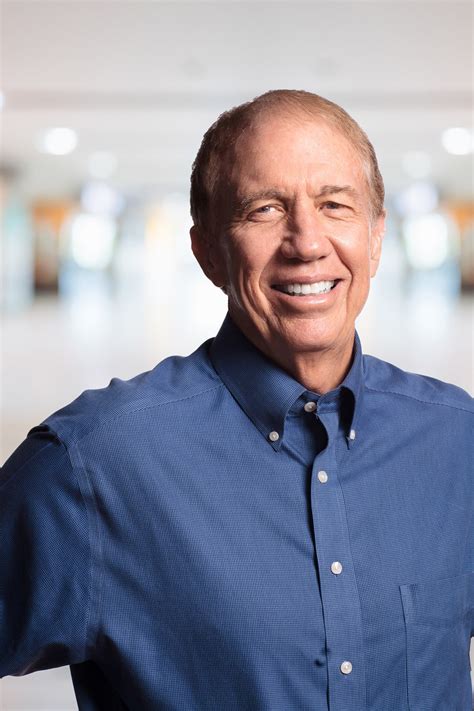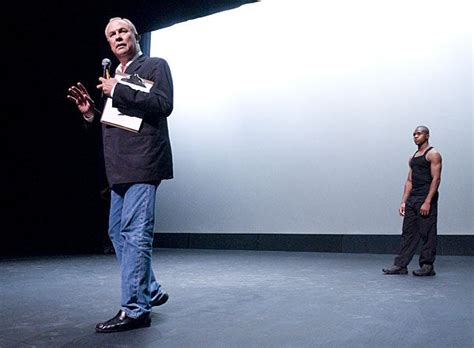A Quote by Barry Eisler
Psychologically, it's always more pleasurable to blame others for our problems than it is to acknowledge our own responsibility.
Quote Topics
Related Quotes
We are more than our problems. Even if our problem is our own behavior, the problem is not who we are-it's what we did. It's okay to have problems. It's okay to talk about problems-at appropriate times, and with safe people. It's okay to solve problems. And we're okay, even when we have, or someone we love has a problem. We don't have to forfeit our personal power or our self-esteem. We have solved exactly the problems we've needed to solve to become who we are.
The number of the hours in a day is fixed, but the quantity and quality of energy available to us is not. It is our most precious resource. The more we take responsibility for the energy we bring to the world, the more empowered and productive we become. The more we blame others or external circumstances, the more negative and compromised our energy is likely to be.
All of us are prone to excuse our own mediocre performance. We blame our misfortunes, our disfigurements, our so-called handicaps. Victims of our own rationalization, we say silently to ourselves, 'I'm just too weak,' or 'I'm not cut out for better things.' Others soar beyond our meager accomplishments. Envy and discouragement take their toll. .
Our adversaries - our Democratic adversaries - like to be able to portray the Republican Party as a bunch of wingnuts - narrow based, always have some agenda that's not attractive to the public... That's easier for them, and more fun, than dealing with their own problems. And I think their problems are significant.
By our attitude, we decide to read, or not to read. By our attitude, we decide to try or give up. By our attitude, we blame ourselves for our failure, or we blame others. Our attitude determines whether we tell the truth or lie, act or procrastinate, advance or recede, and by our own attitude we and we alone actually decide whether to succeed or fail.
When life does not go our way or we inadvertently make a mistake, it is so easy to make excuses, place blame on others, or argue that circumstances were against us. But we only progress in life to the extent that we take responsibility for our actions and attitudes, and put forth the initiative necessary to create our own circumstances.
Playing the part of a charitable soul was only for those who were afraid of taking a stand in life. It is always far easier to have faith in your own goodness than to confront others and fight for your rights. It is always easier to hear an insult and not retaliate than have the courage to fight back against someone stronger than yourself; we can always say we're not hurt by the stones others throw at us, and it's only at night - when we're alone and our wife or our husband or our school friend is asleep - that we can silently grieve over our own cowardice.
It is not enough to behave reverently; we must feel in our hearts reverence for our Heavenly Father and our Lord, Jesus Christ. Reverence flows from our admiration and respect for Deity. It is something we feel inside our hearts no matter what is going on around us. It is also a personal responsibility. We cannot blame others for disturbing our reverent attitudes.
Self-absorption in all its forms kills empathy, let alone compassion. When we focus on ourselves, our world contracts as our problems and preoccupations loom large. But when we focus on others, our world expands. Our own problems drift to the periphery of the mind and so seem smaller, and we increase our capacity for connection - or compassionate action.
More than a decade after our fellow citizens began bedding down on the sidewalks, their problems continue to seem so intractable that we have begun to do psychologically what government has been incapable of doing programmatically. We bring the numbers down--not by solving the problem, but by deciding it's their own damn fault.
As we make and keep commitments, even small commitments, we begin to establish an inner integrity that gives us the awareness of self-control and the courage and strength to accept more of the responsibility for our own lives. By making and keeping promises to ourselves and others, little by little, our honor becomes greater than our moods.




































